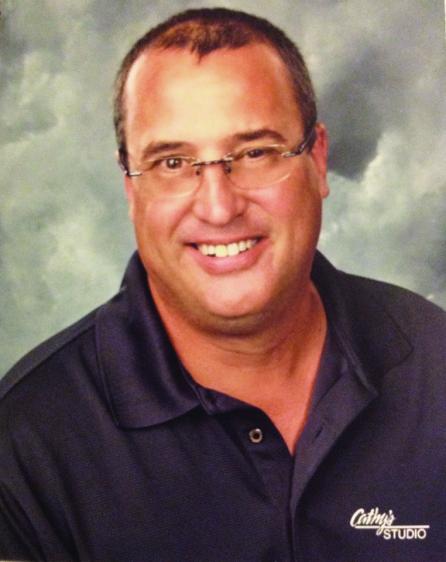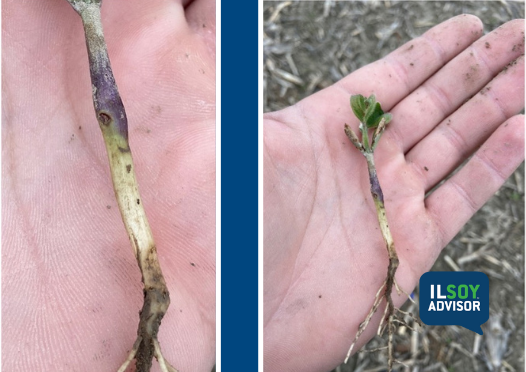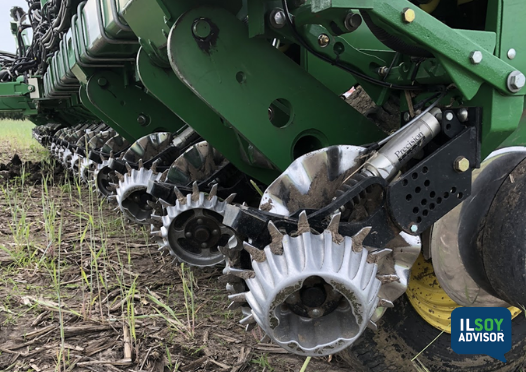ILSOYADVISOR POST
Ultra-late Planted Soybeans
There have been many acres of soybeans planted after July 15th, with a lesser amount planted even later, after August 1st. The question being asked as we continue to endure highly variable rain and temperatures is what the chances are that these beans can make a good yield. There is really no good answer to that question. I don’t think we have ever seen this many late-planted soybeans, nor do we have any idea of what the yield potential is.
There have been beans planted after the first of August that have yielded 40 bushels per acre in southern Illinois. I have had many reports of this from the river bottoms in years past. Often these are beans planted under center pivots and which, for all purposes, got lucky with frost that year.
There have also been more reports by farmers of beans planted after August 1st that were never harvested because frost killed them before they had a chance to make anything.
There are many possible ways to view yield potential of very late planted beans this summer. There are also as many reasons why farmers are, as of August 18th, still planting soybeans in extreme southern Illinois.
There is very little if any research to review on ultra-late planting of soybeans in Illinois. Any of the research I have seen comes from southern states, Kentucky being the farthest north, and that data shows a 76% potential yield loss for planting beans after August 1st.
So as far as a chances go, I would say it’s a pretty good chance that a lot of the beans planted in the last 20 days might just be a cover crop more than anything. However, as a cover it still has value to protect and regenerate the soybean and set the field up for a better crop next year.
Kelly is serving as the Illinois Soybean Association Double-Crop Specialist. He was raised on the family farm in Benton, Illinois and graduated from Southern Illinois University (SIU)-Carbondale with a BS in Agriculture Education and Mechanization, and a Master’s of Science (MS) in Plant and Soil Science. Kelly has spent 25 years as a soil fertility agronomist and precision agriculture consultant in southern Illinois while also spending 4 years as a Farm/Agronomy Manager and GIS Coordinator for a large farm in southeastern Illinois. He is a Certified Professional Agronomist and a Certified Crop Advisor.





Comments
Add new comment